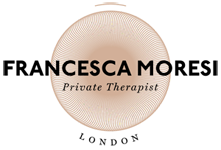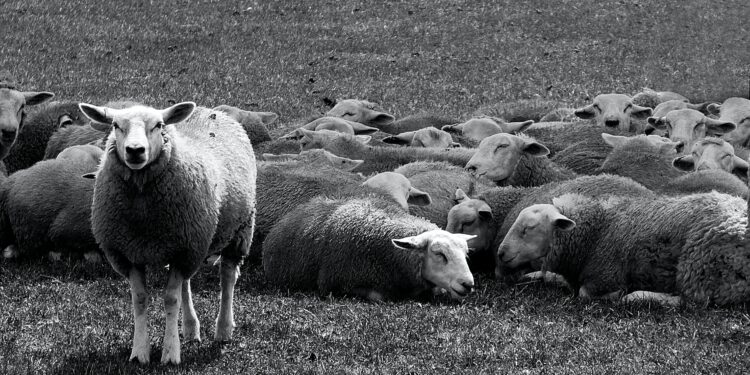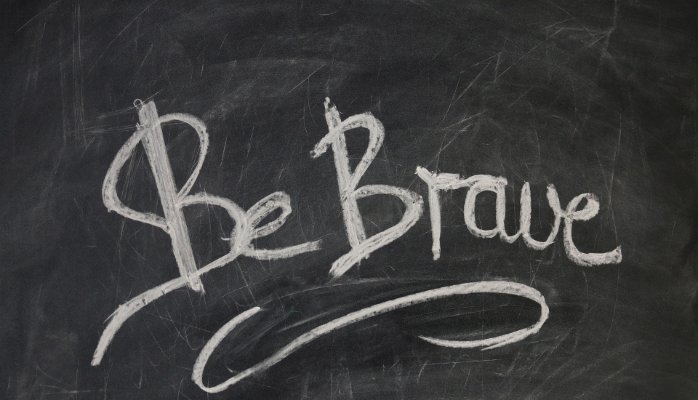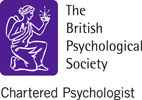One of the phrases that I hear more often as a therapist is
“I feel different from others in my life” or “I feel like an alien, I don’t belong”.
I hope that you don’t mind me saying that I find it reassuring, in a way. In fact, I myself have always felt very different from others in general, from my friends and even from my own family. How come so many people share the same difficult experience of feeling different? I think that the pain stems from the expectation, the desire, the limiting belief, that we should not be different. I get it, social and cultural pressure has always demanded quite a fixed identity. In our western, consumeristic society we all face repetitive and standard situations, under the pressure to conform. Think about marketing strategies: they work at their best when consumers show repetitive patterns, that’s what makes them loyal and predictable. We are all influenced by it, to the extent that, if I do ascertain that I am different, that’s a painful finding. Something must be wrong with me…bummer! It can be very hard, but it doesn’t have to be. In fact, nothing is wrong with you, you actually have some clarity left in you mind and heart.
It is no measure of health to be well adjusted to a profoundly sick society.
Jiddu Krishnamurti
Nothing is wrong with you; if anything is wrong, that is our society. It not only pressures us to conform, but it also promotes a rather unhealthy image of relationships, especially romantic ones: if we don’t perfectly blend with others, the relationship is faulty. Any ambivalence is erased, symbiosis is the happy ending you should wish for. Why would you want to be different? Because we simply are different. Any denial of that, is delusional. When we shift the perspective, it is quite clear that the pain for being different stems from the wrong premises. So how do we heal from it? We let go of the unrealistic desire to be at one with the people we love (therapy could be a great form of support in this process). Then we change the way we think, our belief system: we acknowledge that is is only natural to be different and that it makes us special. So we change our language, too; you could use the affirmation “I am unique”. We appreciate everyone’s difference, including our own, and we value it. We think of difference as a plus, rather than a minus: every time I state that I feel different, this sentence carries a positive meaning that makes me feel appreciative and proud.
Each and everyone of us is unique. If only each and everyone of us would dare tapping into that uniqueness…I think we’d have such a richer world. What is it that makes you unique? And what is it that makes any of your friends unique? What added value to you bring into your group of friends, your family or your relationship, thanks to the qualities that make you special? I would like to share this brief meditation that can help you appreciate your own uniqueness. I know how hard it is to feel that you don’t belong but, if so many of us feel this way, perhaps it is the collectiveness that needs some fixing, not you.






